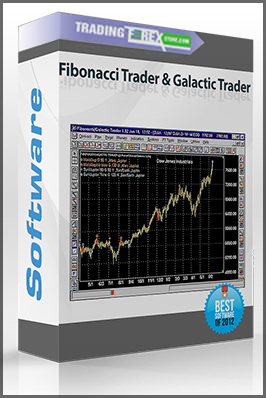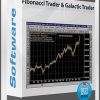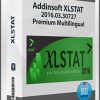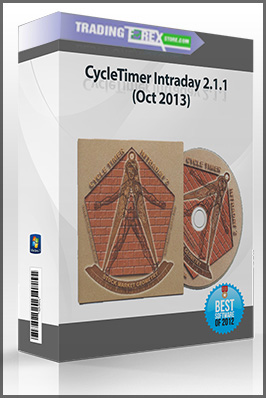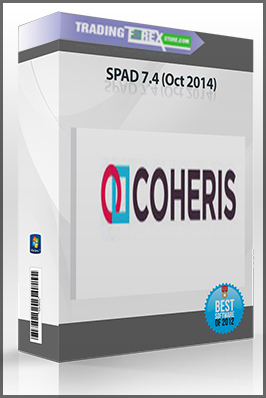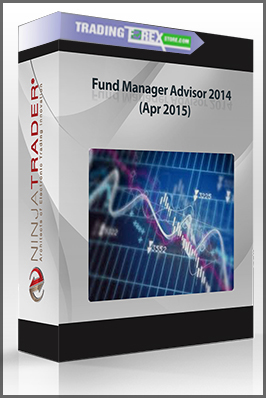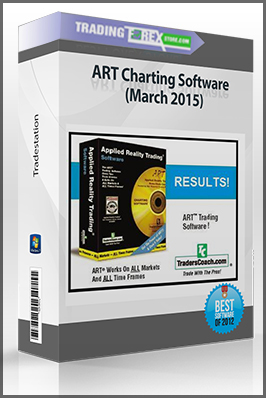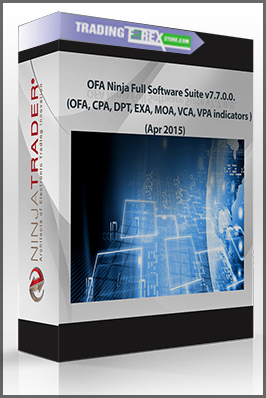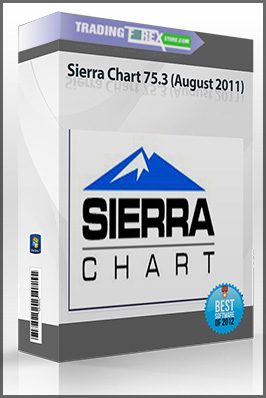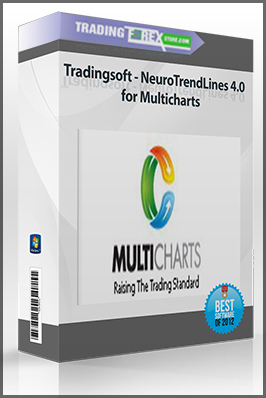Fibonacci Trader & Galactic Trader
$39.00
Size: 537.4 MB
You Just Pay: $39
- Description
Description
Using astrological signatures as a market timing tool for identifying potential major reversals in financial and commodity markets is a phenomenon that has grown rapidly in the past 15 years. Much to the chagrin of many analysts and advisors who employ only conventional methods of fundamental and technical analysis and steadfastly refuse to consider the possibility of astrology as a market timing indicator on the belief that “it shouldn’t work and therefore it doesn’t work” there is a growing number of traders, investors, brokers and fund managers who find uncanny correlations between certain planetary and lunar cycles to significant crests and troughs in market prices.
The major purpose of Galactic Trader is to identify specific astrological correlations to historical and then potential future major reversals in financial, commodity and stock markets.
THE STUDY OF ASTROLOGY
The study of astrology has been around for thousands of years. Its correlation to market prices has been referred to in the works of George Bayer, Gustave Lambert-Brahy, Donald Bradley, David Williams and W.D. Gann, as well as others, during the first half of this century. However, it wasn’t until 1977 that any formal quantitative studies on the subject were initiated, and soon thereafter the interest in the field began to grow.
One of the leaders in this renaissance has been Jeanne Long, professional trader and researcher in financial astrology and student of the works of W.D. Gann. Author of two books, Basic Astrotech and The Universal Clock, Long has put together a unique method for identifying turning points, as well as support and resistance levels in price, utilizing the combination of Gann studies with specific astrological principles. These same methods and more have now been combined in the new software she has developed, The Galactic Trader.
GETTING STARTED
The Galactic Trader software arrived with an owner’s handbook and tutorial, along with five floppy disks (four for the program and one data disk). It’s a standalone program; it didn’t require the purchase of any other market program to operate. Further, it supported many of the more popular data vendors such as CSI, MetaStock, CompuTrac, S&P ComStock and TC2000.
The installation process required the attachment of a hardware key lock, a security feature. Once the key lock was attached, the installation of the program itself went very smoothly. As with most state-of-the-art Windows programs, this one simply required going to the Run command of the Program Manager (Windows 3.1) or the Start option (Windows 95), followed by typing in ÒA:SETUPÓ and then pressing enter. After that, it was a matter of following the instructions on the screen. Within a few short minutes, the system was loaded, an icon for the program displayed on my desktop, and on double-clicking the icon, the opening screen for Galactic Trader appeared, ready to go. No glitches.
The menu items at the top of the opening page follow a logical route to using the program. The manual is clearly written to follow the order of these items. Each menu item contains various command options, which are also clearly described in an orderly fashion in the manual. That both the program and the manual are designed in an orderly fashion should be of great value to users, making the program easy to implement. Unlike many programs that take days and even weeks to get accustomed to, Galactic Trader can be utilized with some amount of confidence and comfort fairly quickly.
PROGRAM PHILOSPHY
The major purpose of Galactic Trader is to identify specific astrological correlations to historical and then potential future major reversals in financial, commodity and stock markets (Figure 1). In addition, Galactic Trader identifies areas of price support and resistance based on an integration of planetary positions with the Gann wheel of 24. Almost all of the original methods employed in Galactic Trader can be designated as leading indicators, determined by the results of the program’s search routines using historical price charts. This is not a trading program. It is a market timing program, and like all market timing programs or those dealing with leading indicators, it is best used in combination with other market studies, such as technical analysis.

